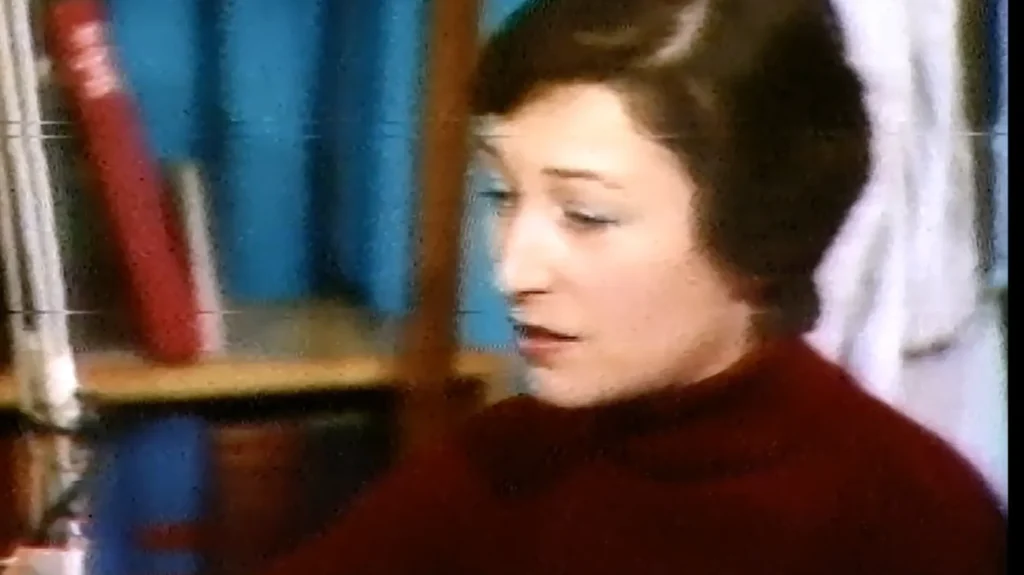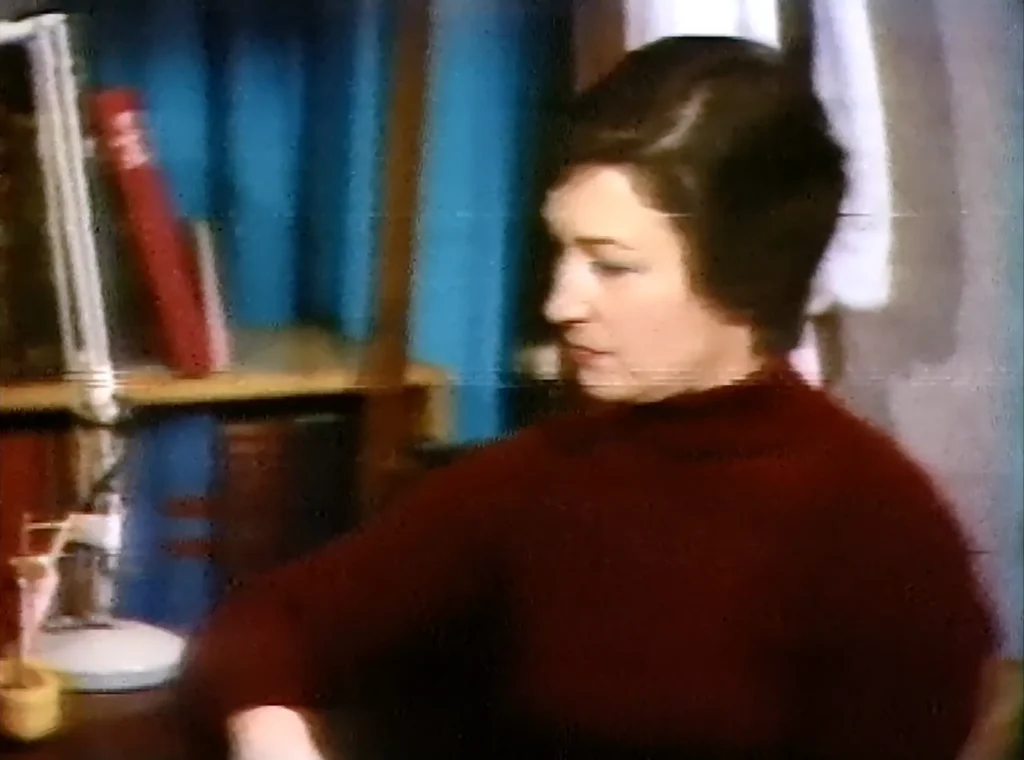Nobody tells you anything!
- DOCTORS & PATIENTS IN COLOUR - NOBODY TELLS YOU ANYTHING!
During this session, Mrs Bannister, the patient, shared her concerns about having a breast biopsy recommended by the consultant. Being an intelligent woman, she wanted to understand the procedure and expressed genuine fear about the possibility of having cancer. At first, the doctor appeared enthusiastic about hearing from Mrs Bannister, devoting time to her, and addressing any questions she had about the biopsy, but this attitude quickly faded.
When we started the consultation, the doctor asked Mrs Bannister to take a seat. She appeared eager to hear what the doctor had to say. However, unlike previous consultations, the doctor initiated the conversation by mentioning that since their last visit, Mrs Bannister had visited a specialist. His patient confirmed the visit and hoped the doctor had a letter by now. He had indeed received a letter telling him the specialist had seen his patient, but he still needed to get the letter out there to read through it and check.
At the initial consultation, the specialist informed the patient that she would need to undergo a biopsy in a few days. Mrs Bannister felt panicky during the meeting and did not fully comprehend the explanation. As a result, she expressed to the doctor that she did not fully understand the biopsy details and hoped for further explanation during her current visit.
Following this, the doctor asked his patient what the specialist had told her. Mrs Bannister then said, “I would need a biopsy,” and went on to talk about how she knew it was some operation. She had recently spoken to her friend who had a biopsy and had problems. Her friend underwent major surgery, radiotherapy, and other terrible things. At this point, the patient is feeling very worried about her situation.

Let me try and explain it to you.
When the patient expressed her fear about the biopsy, the doctor’s response lacked empathy, which could have made the patient feel more anxious and isolated. The doctor then insinuated that the patient should be familiar with this information, even though she was not a doctor, which may have made the patient feel inadequate. The patient expressed her worry about her lack of knowledge and the specifics of the procedure. Mrs Bannister mentioned understanding she would go to the hospital but doesn’t know much more than whether it’s an operation or the biopsy itself is significant.
"Ring Ring" Who's that speaking!
The doctor says, “Let me try and explain to you.”. Suddenly, he’s interrupted by a potentially urgent phone call and takes it. He starts talking to the receptionist, who passes the phone on to another patient on the line. He then gestures to his patient, saying excuse me to Mrs Bannister. Then goes on to take notes from the patient on the phone and ask questions. His attention is divided, and the patient feels a lack of focus and importance. He finally took the patient’s address and said he would be along shortly before putting down the phone.
It was not ideal for the doctor to take a call during the consultation with his patient, as it came across as unprofessional.
Lastly, he then goes on to say, “Biopsy, yes…”. Let’s talk about the biopsy after/when you have it and cross that bridge if and when you come for it. He advises Mrs Bannister to undergo the biopsy before returning for a discussion with him. Unfortunately, this downplays the importance of the patient wanting to find out information on her biopsy and doesn’t put Mrs Bannister at ease. The doctor then asks if that’s okay before closing the conversation. To which the patient rightly walks off frustrated in disgust, stating that she wasn’t provided with enough information with the parting shot that ” Yes, but nobody tells you anything about anything these days”. The consultation is drawn to a close as the doctor rushes off to see his other patient, leaving Mrs Bannister feeling rushed and unimportant.
The video depicts the challenges associated with acquiring crucial information for a patient during a particularly trying time, highlighting the constraints medical practitioners face. Moreover, it underscores a perceived lack of attentiveness and professionalism as the physician interrupts the consultation to attend to a call, subsequently concluding the appointment abruptly, leaving the patient frustrated and ill-informed about their condition.
No patient should be left like this during a visit with the doctor.
"Should doctors take phone calls during an appointment?"
Would you?
What impact can a lack of empathy have on a patient?
Quite a lot. Additionally, you will find that a lack of empathy can lead to a complaint.

